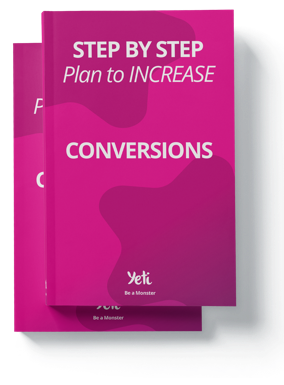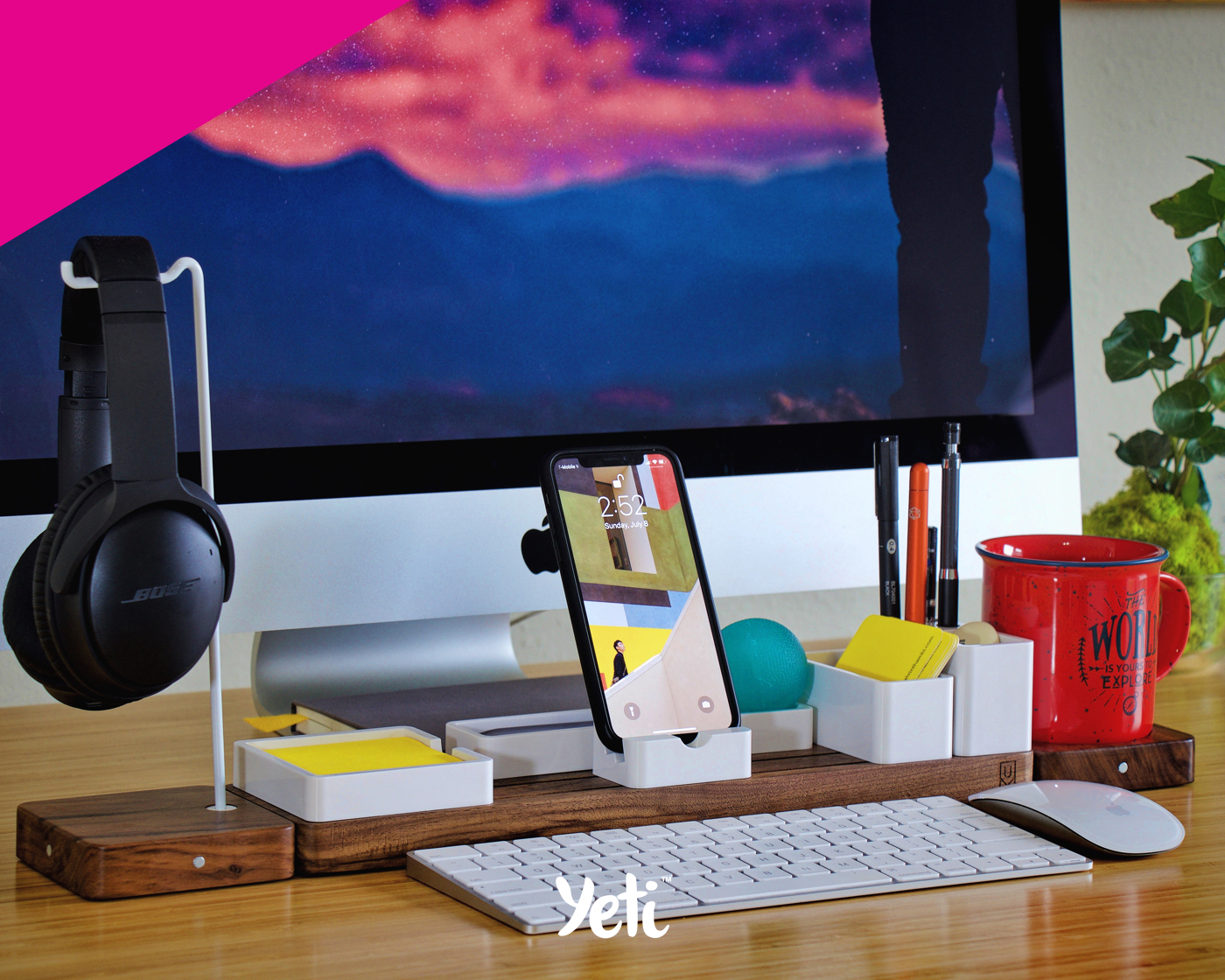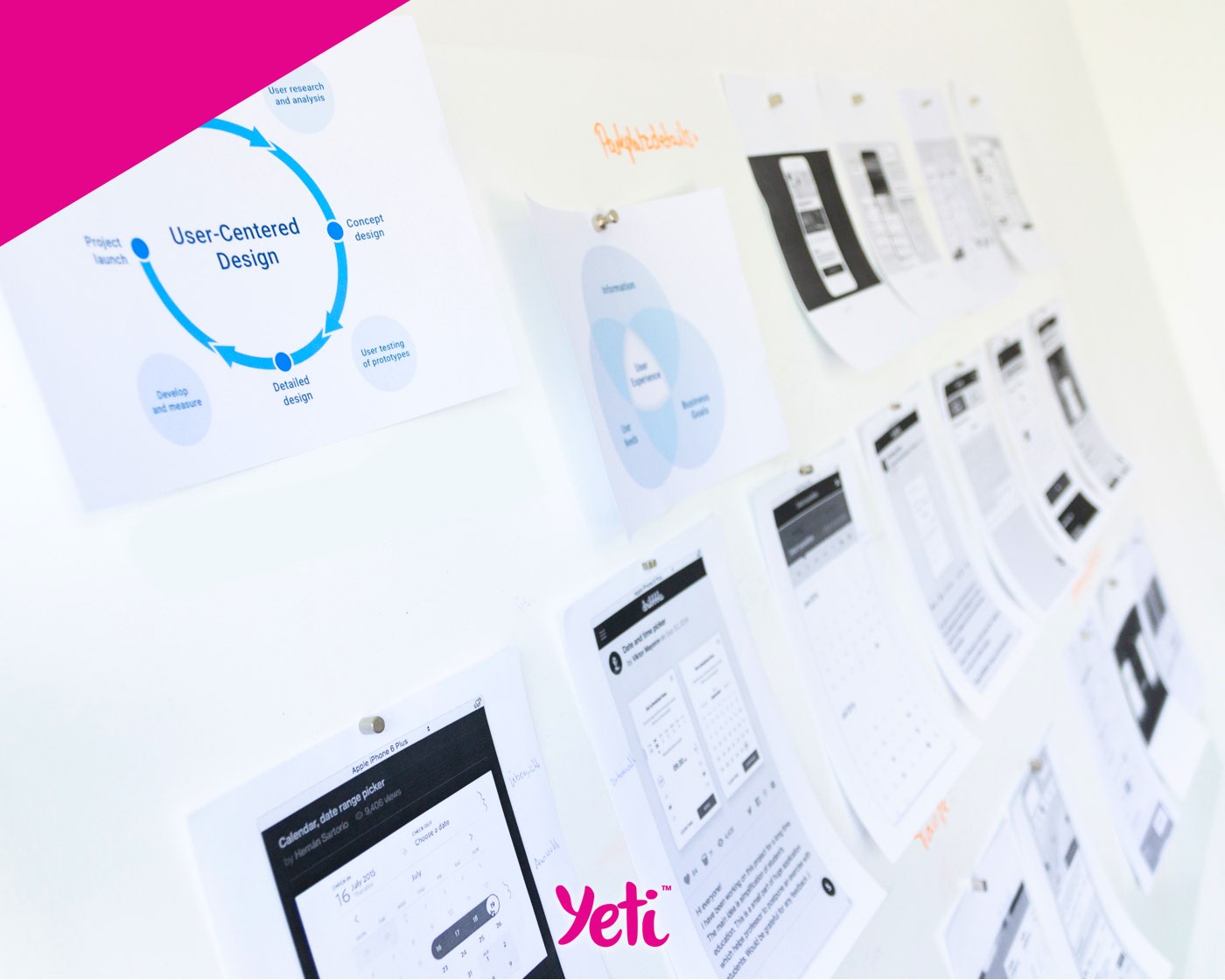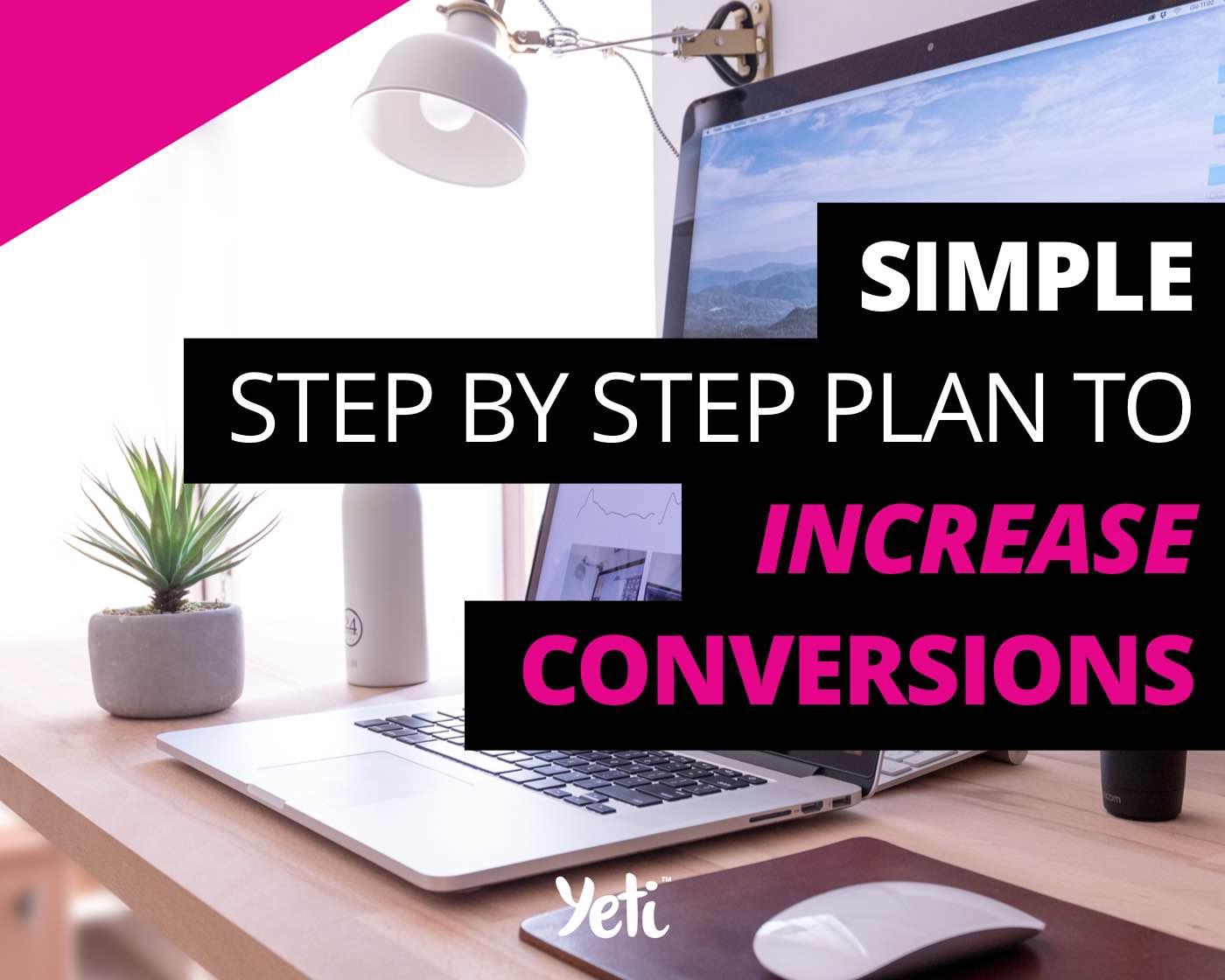Freelancing is becoming more popular around the world. In fact, according to a new report from Freelancer’s Union and eLance-oDesk, there are now over 53 million freelance workers in the U.S. alone.
If you are one of them, will you be able to stand out and make an impression considering the pool of applicants?
We’ve rounded up some tips to help you get on top of your freelancing career.
1. Deliver more value
Offer more value and communicate effectively why clients should hire you. Ask yourself these questions: What sets you apart from other applicants? How will you help your clients?
Issue a compelling statement of what you offer or what you do, focusing on the needs of the employer. Keep in mind that it should not be about you, but what you can do for future clients.
Learn new skills, offer new services, offer services with higher quality and learn effective ways to market yourself as a professional
2. Build your Freelance brand
As a freelancer, your brand represents you, so it is highly important that you know how to brand yourself. Your personal branding skills should be as good as the services you are offering so you can separate yourself from your competitors.
Present a clear, consistent image in all your marketing, from your signature to your invoices to everything you deliver to your client. This will help you create a higher profile and build your own freelance brand.
3. Choose a good payment system
Being a freelancer sure has its perks, but it also has its downside- the worry of getting paid late or not getting paid at all.
There are lots of money transfer methods available either online or offline. Some online payment methods to consider are Escrow, PayPal and Xoom, and Wire transfer, EFT and Checks for offline payment system.
Take time to research payment options and find out what works best for you. Here are some things you need to consider in choosing the right payment system: customer service, security, transfer fees and convenience.
4. Draft a contract
In the freelancing world, you have take on a number of tasks for yourselves. One such task is drafting a contract.
A clear and comprehensive contract outlining the terms of your job, deliverables, deadlines, payment, expectations and more protects both you and your client. This ensures that you meet your clients’ needs in a time frame, and ensures that you get paid what your services are worth.
When drafting a legal document, consulting an attorney is a good idea. However, if you are reluctant to hire an attorney, there are some websites that offer legal document templates such as LegalZoom and Docracy.
5. Plan for Taxes
Taxes is often a topic we try to avoid but one that we cannot escape either. Understanding your taxes is particularly important if you are a freelancer because how you are taxed is different from how an employee is taxed. As a self-employed freelancer, you are responsible for submitting income information and sending payment to the IRS.
The first step to preparing your taxes is to keep track of your income and expenses. Estimate taxes, and then figure out what to deduct as a freelancer.
Wading through tax records and filing your tax return can be a daunting and time-consuming experience, so you may want to consider hiring a tax professional to prepare your taxes. This may incur additional cost but hiring a professional takes the hassle out of preparing and filing your income taxes yourself.
What strategies have you tried and found successful? Let us know in the comment section below.




